Rethinking STEM education for girls for a better future and inclusive technology in Sri Lanka
Date:
This year, the theme for the International Girls in ICT Day focuses on leadership, highlighting the critical need for strong female role models in science, technology, engineering, and mathematics (STEM) careers. UN Women and the European Union partnered with The Makers Global in Sri Lanka to rethink STEM education and inspire girls to join ICT careers.
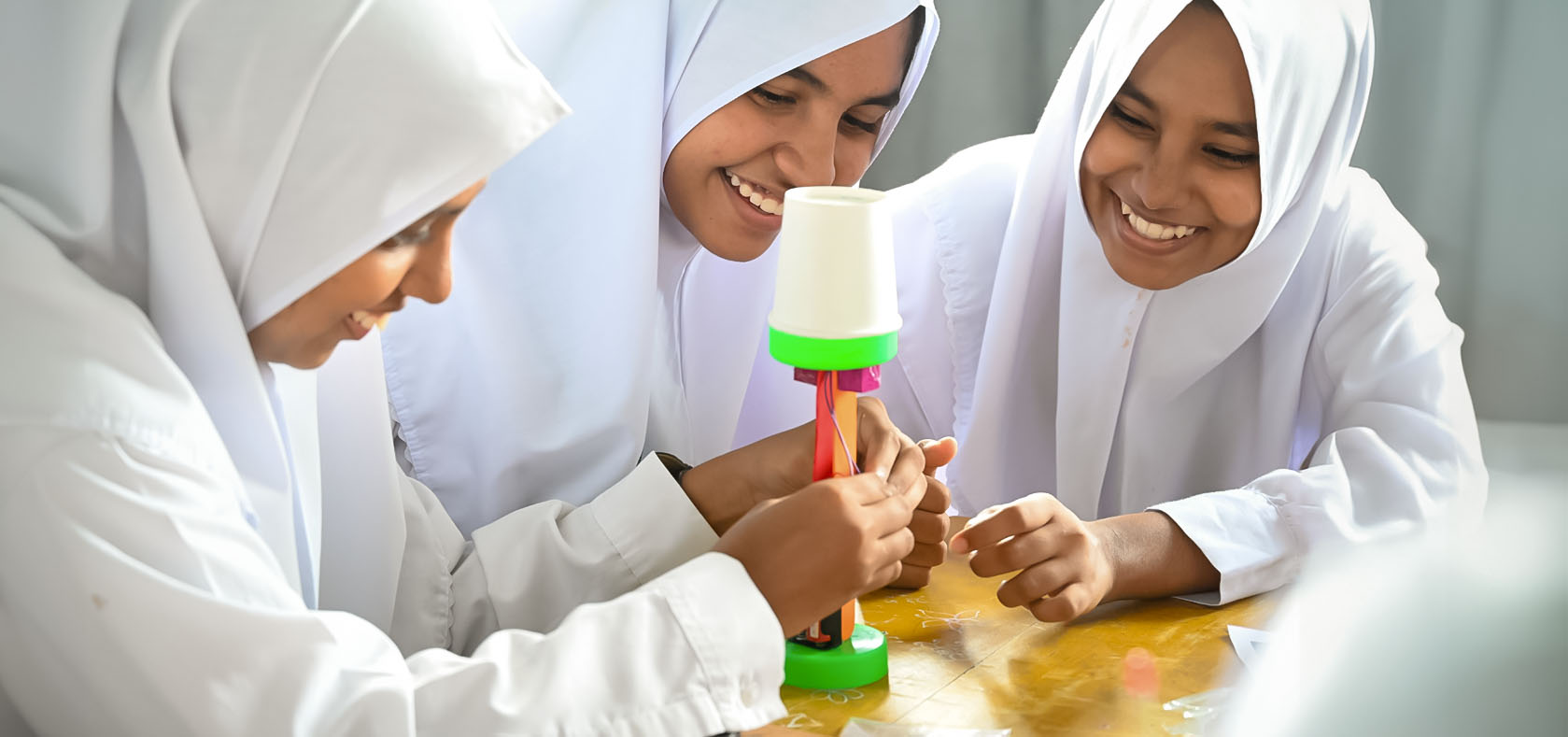
“Negative perceptions about a girl’s capabilities, whether at home or at school, can lead girls to grow up believing that they can’t succeed in STEM fields,” explains Nevindaree Premarathne, 38, from Colombo, Sri Lanka.
Nevindaree is the founder and CEO of the Makers Global – an Education Technology company that aims to inspire students to use STEM to solve problems at their reach.
Addressing gaps in STEM education
Noticing a significant disparity in hands-on STEM education among girls in Sri Lanka, Premarathne started this venture in January 2023, forging a path for the next generation of women in science and technology.
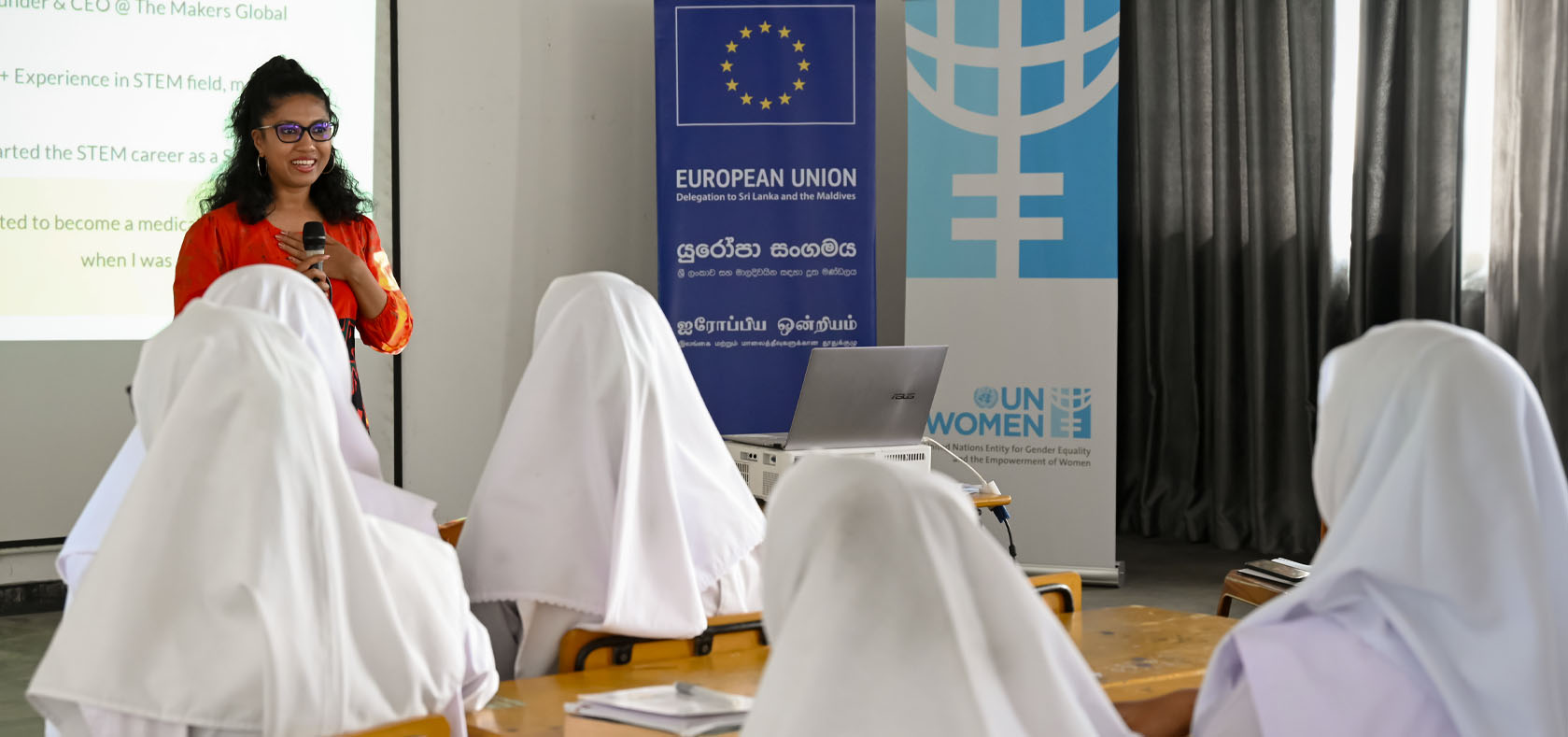
In 2017, according to available data by the University Grants Commission, women accounted for nearly half of undergraduate enrolments in STEM subjects in local universities. Yet, there are far fewer women working in these fields.
“In most schools, girls don’t have the opportunity to study subjects like electronics. They may have theoretical knowledge in relation to STEM concepts yet lack practical skills. That is why I am passionate about STEM education and in exploring innovative teaching methods and curriculum development to address this gap,” she said.
In February 2024, UN Women and the European Union in Sri Lanka teamed up with the Makers Global to introduce the MakHer series to 10 schools around the island. The MakHer series is designed to empower girls with skills needed to excel in STEM fields. It consists of hands-on workshops featuring robotics, innovation, prototyping and incorporating STEM concepts to solve social issues, thereby fostering critical thinking and problem-solving skills.
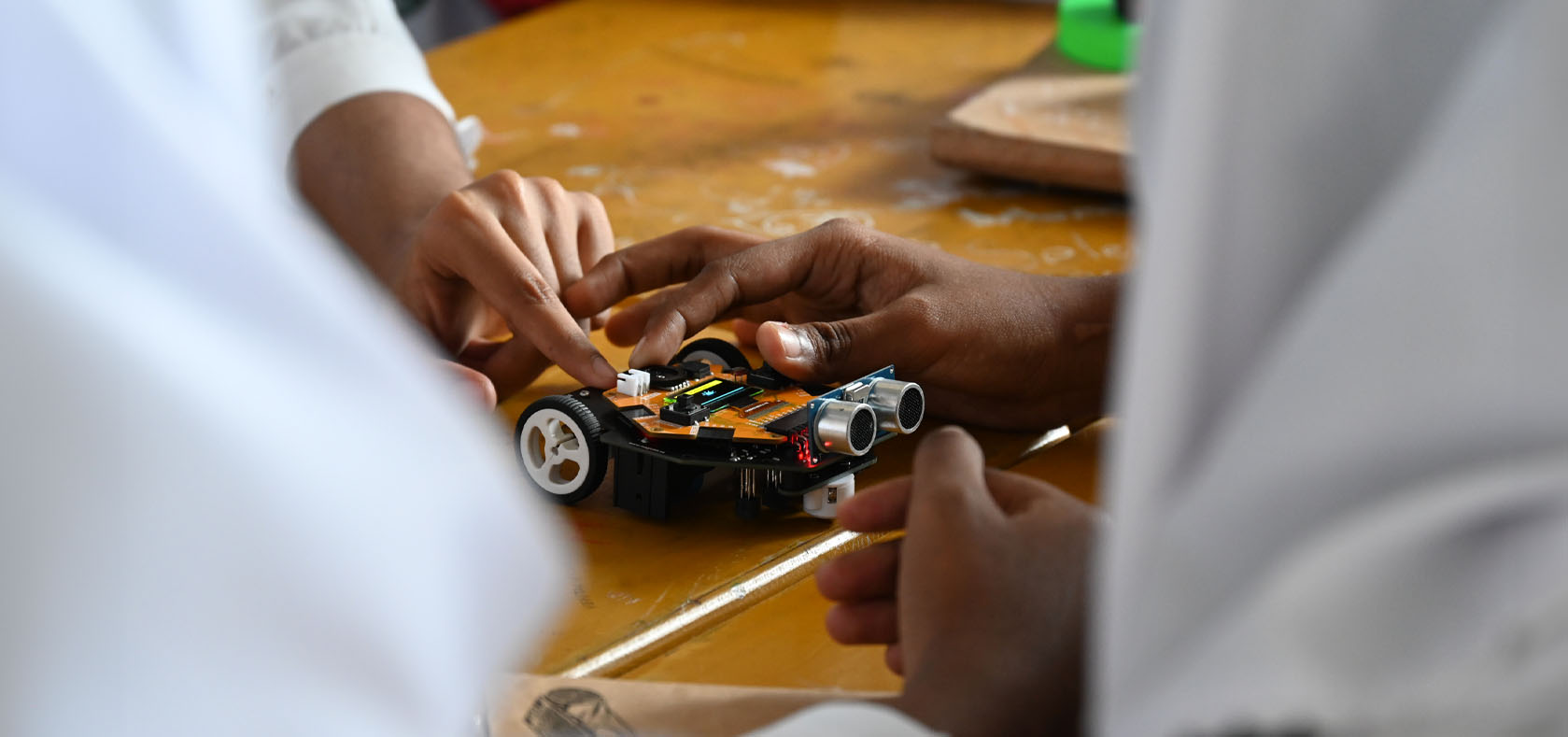
Driven by the belief that every girl has potential to succeed in STEM, the workshops connect students with industry experts: “Exposure to female role models in STEM fields is vital for inspiring confidence and ambition among students, affirming that girls can thrive in STEM careers,” said Premarathne.
Empowering girls in ICT
Among the students participating in the workshop was 18-year-old Safa Rizan, a biological science student interested in pursuing genetic engineering. Rizan attended the MakHer workshop in February 2024 along with 100 other students from her school.
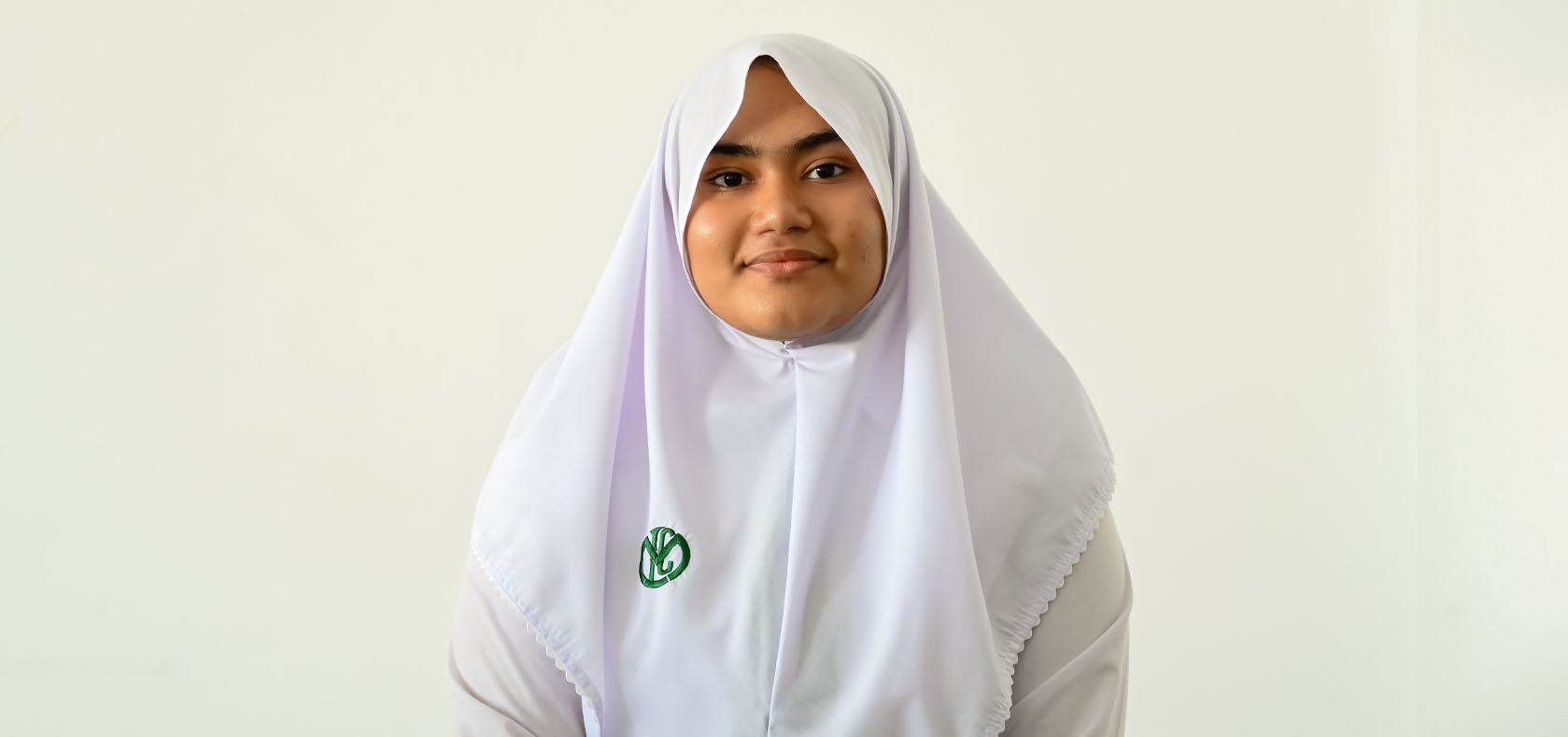
Rizan echoed that “In our education system we only have science, math and the basics. There are more subjects that could be included within our curriculum, like the application of medical sciences into applied sciences. In terms of application of knowledge, if we were taught this in school, it would be advantageous for us when choosing careers later in life”.
Rizan explains that she was inspired by the application of theory into practice at the MakHer workshop: “The students knew about circuits… we draw them every day at school, but when we had to build that circuit and put it into use, no one was able to do so without being guided. I learned that the knowledge we gain is not particularly enough for us to navigate this world if we don’t know how to apply it.”
“It was only after this workshop that I started researching more about genetic engineering and bioinformatics.”
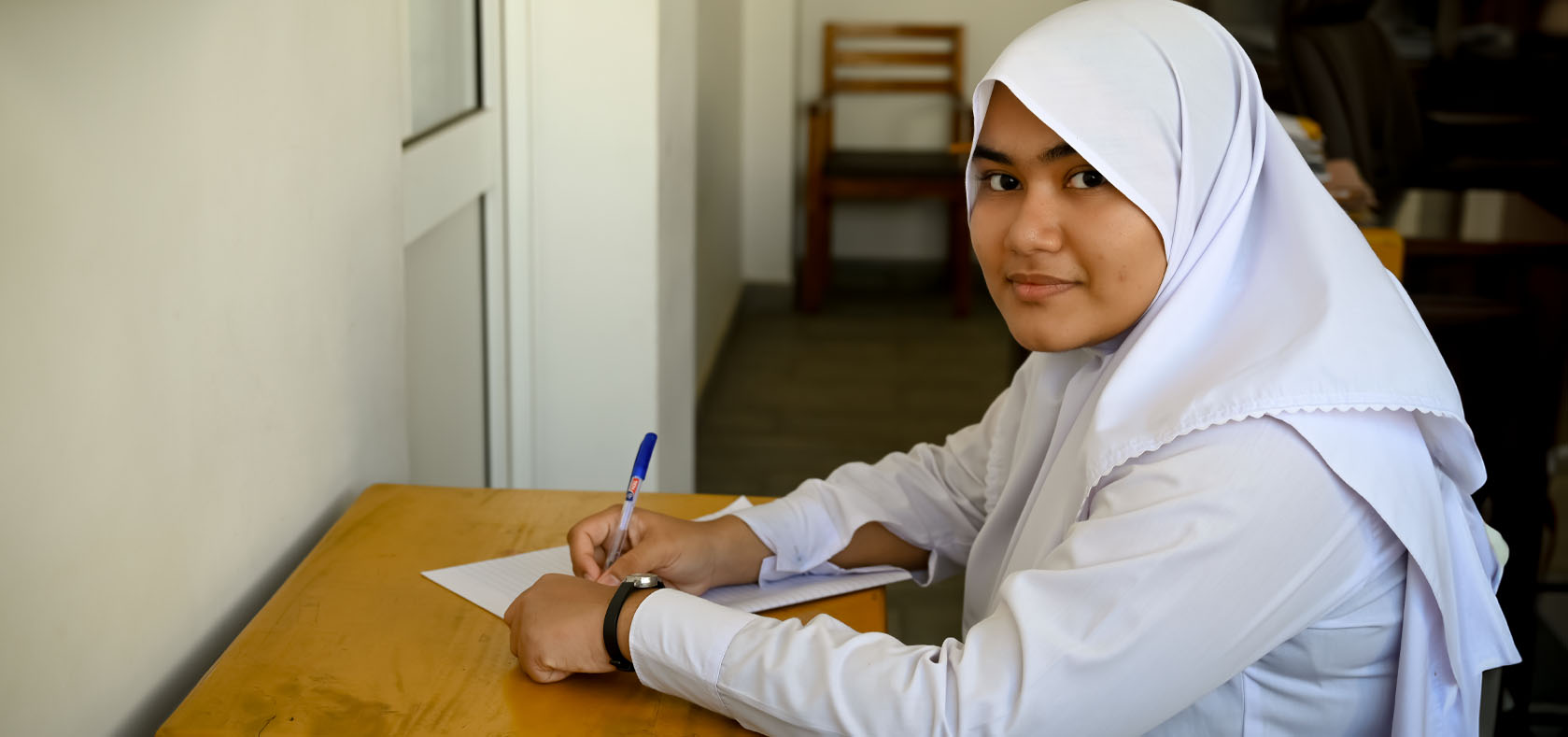
Noting that the world would look much “better and diverse” if girls had equal opportunities and access to technology, Rizan explains that “It’s not just about one specific community being able to mitigate their problems. If we have other genders involved, it will enable us to understand the issues and problems they face and help mitigate them. If girls and women were given equal opportunities, we would be seeing much more efficient development,” she added.
Rizan also highlighted how a girl’s confidence is often hindered because of societal biases: “There was a project I worked on in one of my extra-curricular activities. We were given a problem to solve, and we had to use computers to analyze that problem. The lecturers were expecting more responses from boys than girls, but girls also had a lot to contribute in terms of solutions.”
Safa Rizan’s message on International Girls in ICT Day
Rizan’s message to young girls is to not to let anyone break their confidence: “We shouldn’t confine ourselves, or our opportunities based on what people around us say. At the same time, we shouldn’t confine ourselves within the limited scope of career paths we are always told to choose from. Be open to new opportunities that are arising. Keep working on yourselves and be someone who cannot be replaced – then no one can stop you from working in that field”.